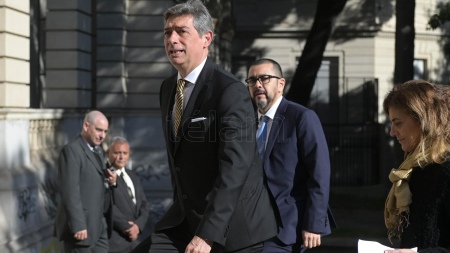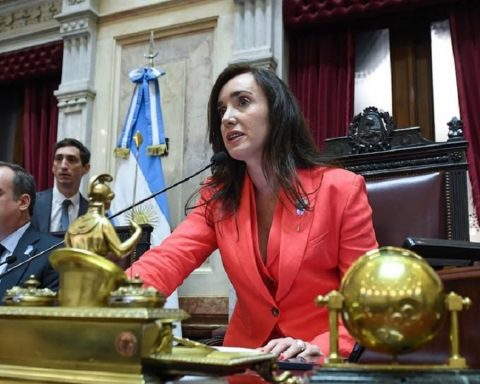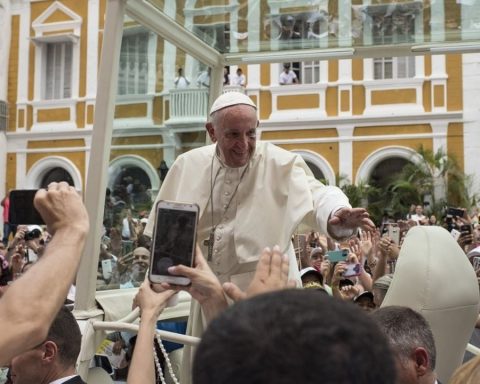
The Frente de Todos (FdT) has a majority to open an investigation and issue an opinion in the commission that must deal with the impeachment request that President Alberto Fernández will promote against the head of the Supreme Court, Horacio Rosatti, for alleged poor performance of his functions, reported Monday parliamentary sources.
Anyway, to concretize the accusation, article 53 of the National Constitution establishes that it must be approved in the venue with two thirds of the members present in a session.
In fact, The Chamber of Deputies approved the last accusation on December 16, 2004, which was against the former Minister of the Court Antonio Boggiano, and the result was overwhelming because it exceeded two thirds of those present, garnering 159 votes in favor, 6 negative and 5 abstentions.
Boggiano was finally dismissed by the Senate by 44 votes out of 56 present at the session -with which he exceeded two thirds- on September 28, 2005..
He was the last magistrate of the court dismissed by this mechanism and the impeachment trial had been presented by former president Néstor Kirchner.
Two years earlier, Eduardo Eduardo Moliné O’Connor had been dismissedwhile the remaining members of the court, Julio Nazareno, Guillermo López and Adolfo Vásquez, resigned when the impeachment process began.
In accordance with the regulations of the Chamber, the Impeachment Committee may reject “in limine” or open for approval a summary on a request for prosecution presented against a member of the Supreme Court, ministers of the Executive Power or the President and Vice President of the nation.
In order to open the investigation, you must have a majority in the Impeachment Committee and that happens this Monday in the Chamber of Deputies, where The ruling party has 16 of the 31 members in that key body of the legislative body, chaired by the FdT legislator Carolina Gaillard from Entre Ríos.

In this sense, the pro-government legislator ratified that “the Frente de Todos bloc has a majority in the commission to process the opening of the summary to start investigating.”
“The investigation lasts 60 days,” he said, and assured that, within that period, “the defendants and witnesses can be called to appear.”
The regulations of the Impeachment Commission allow when the investigation is opened with a simple majority -which has not happened for years- that documentation can be requested from the justice, call the defendants -although they can excuse themselves from testifying- and summon other witnesses.
A detail of the importance of this commission is that it is made up of the presidents of the block of deputies of the FdT, Germán Martínez; from the Civic Coalition, Juan Manuel López (vice president of the commission); from the UCR, Mario Negri (secretary), and from the Federal Interblock, Alejandro Rodríguez.
The vice president of the Chamber, Omar De Marchi (PRO), is secretary of the commission, as well as the PRO deputy and member of the Council of the Magistracy, Álvaro González. The commission is also made up of the pro-government representatives on the Council, Rodolfo Tailhade and Vanesa Siley.
After the investigation process, the Frente de Todos has the numbers to issue the opinion in the Impeachment Committee, but cannot reach two thirds of the votes of the members present in plenary Yes Together for Change maintains its position of rejection of this prosecution against Rosatti, since there is extreme parity between the two political forces.
Article 53 of the National Constitution establishes that the Chamber of Deputies can accuse “before the Senate the president, vice president, the chief of the Cabinet of Ministers, the ministers and the members of the Supreme Court, in the causes of responsibility that are attempted against them, for poor performance or for a crime in the exercise of their functions; or for common crimes, after having learned of them and declared that there was room for the formation of cause by a majority of two thirds of its members present”.
Article 59 establishes that “it corresponds to the Senate to judge in public trial those accused by the Chamber of Deputies, its members having to take an oath for this act.”


















